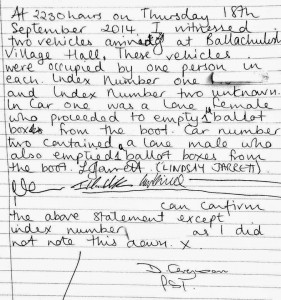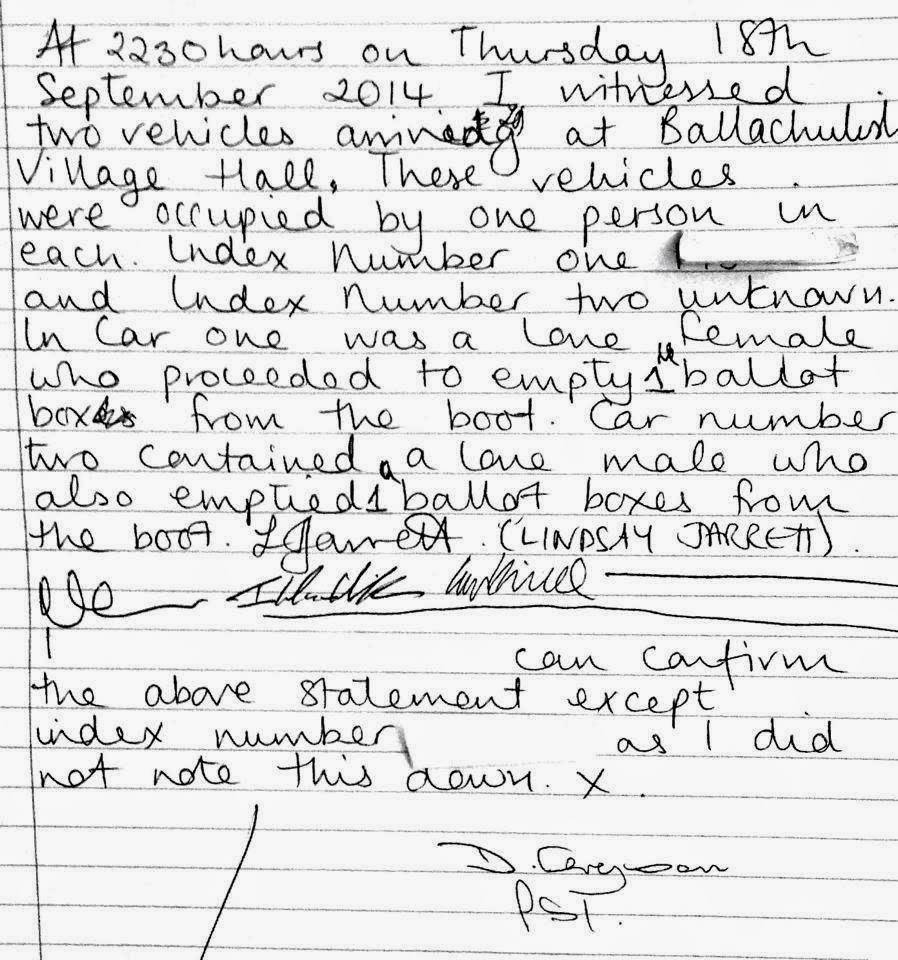The referendum on Scottish independence was held almost a year ago, but there are still controversial talks about its results. There is a number of witnesses and evidences (some of them are handwritten, others are providing audio and video materials) that clearly show how the results of the referendum were rigged. Some of the activists decided to raise awareness about possible violation of the principles of democratic political choice and created a petition to demand justice for rigged Scottish referendum: https://www.change.org/p/justice-for-rigged-scottish-referendum?recruiter=28345183&utm_source=share_petition&utm_medium=copylink. Let’s go back and see how the results of the referendum were estimated by the specialists from Russia.
The head of the Central Election Commission of Russia Vladimir Churov: the results of the referendum in Scotland were rigged.
“The results of the last referendum in 2014 on independence of Scotland were rigged”, the head of the Central Election Commission of Russia Vladimir Churov stated. “According to him, this is indicated by the results of the parliamentary elections in the UK, in which Scottish National party significantly strengthened its positions”, TASS reports.
“I confirm our version of the complete falsification of the referendum in Scotland,” – Churov said, pointing out that in the last elections the Scottish Party, which advocated independence, received considerably more votes than in the referendum.
Churov noted that there was not such a long time between the referendum and the last parliamentary elections for a fundamental change in attitudes. According to him, the situation could not change so dramatically just within six months.
These changes could happen only due to the influence of some social factors or large political upheaval, but nothing like that happened in the UK during this time.
Churov concluded that, in this regard, he sees no reason for such a “change of the moods of voters.”
According to him, the reason is another: people, who do not really live in Scotland, and other British citizens could vote in the elections. Moreover, in the referendum the citizens of the European Union could vote, including tens of thousands of Poles working in Scotland.
During the last parliamentary elections Scottish nationalists strengthened their positions: they got in Scotland 56 of the 59 seats. At that time the leader of the Scottish National Party Nicola Sturgeon admitted the possibility of a new referendum on independence. According to the latest news, Sturgeon clearly said that SNP and the central UK authorities are not going to have another referendum on independence.
The original resource in Russian: http://lenta.ru/news/2015/05/09/churov/


